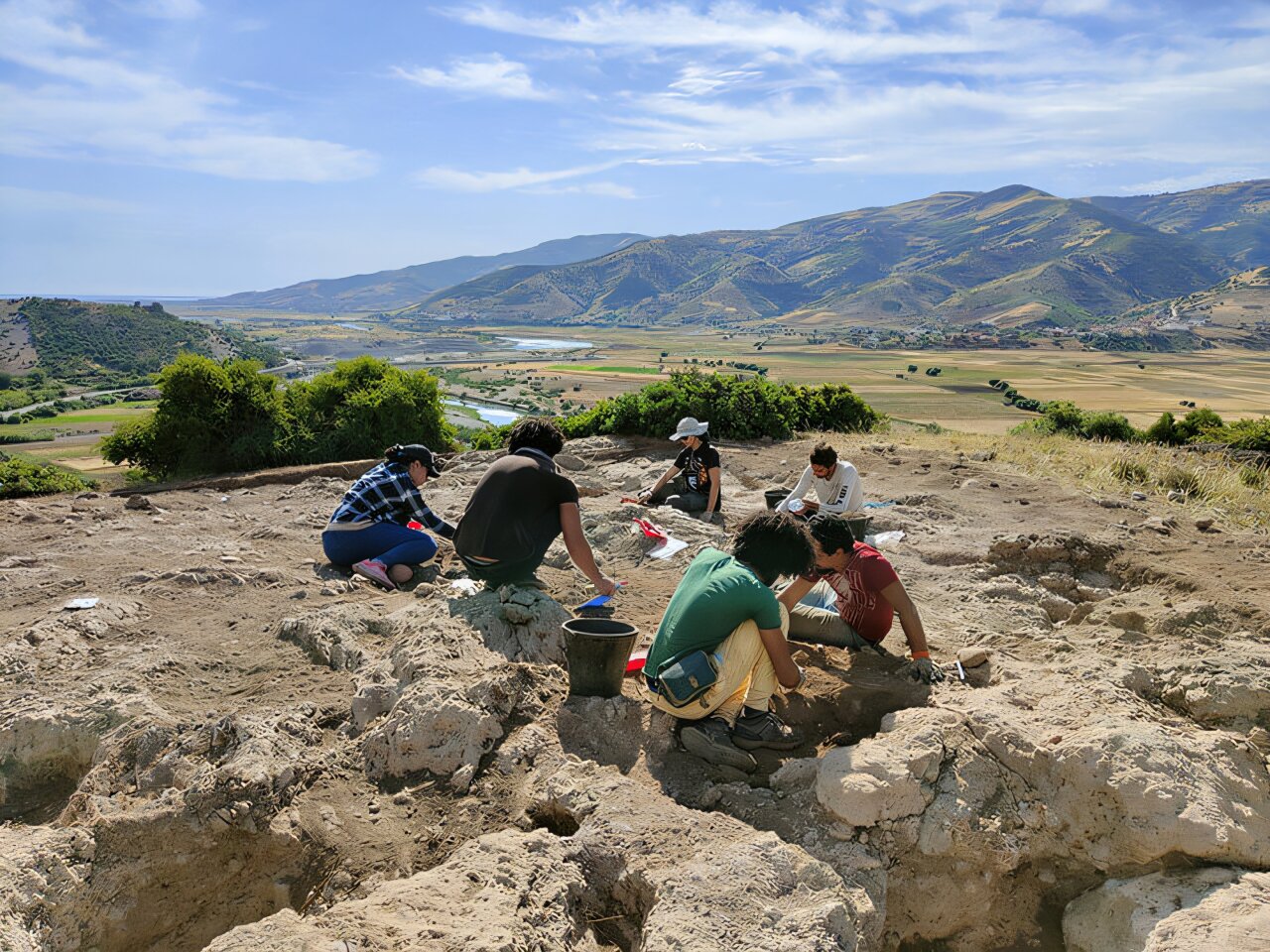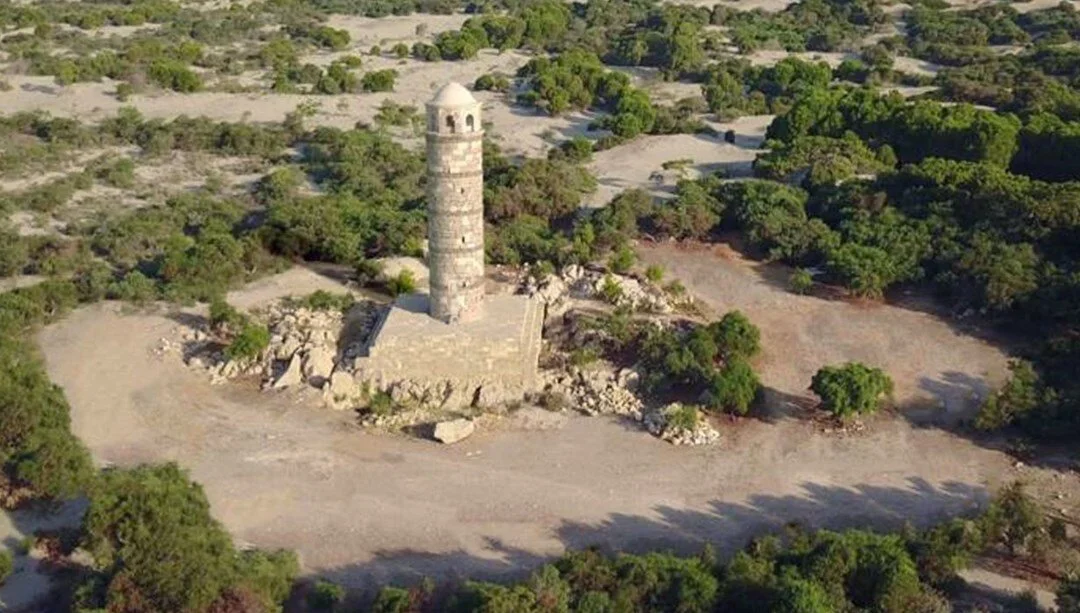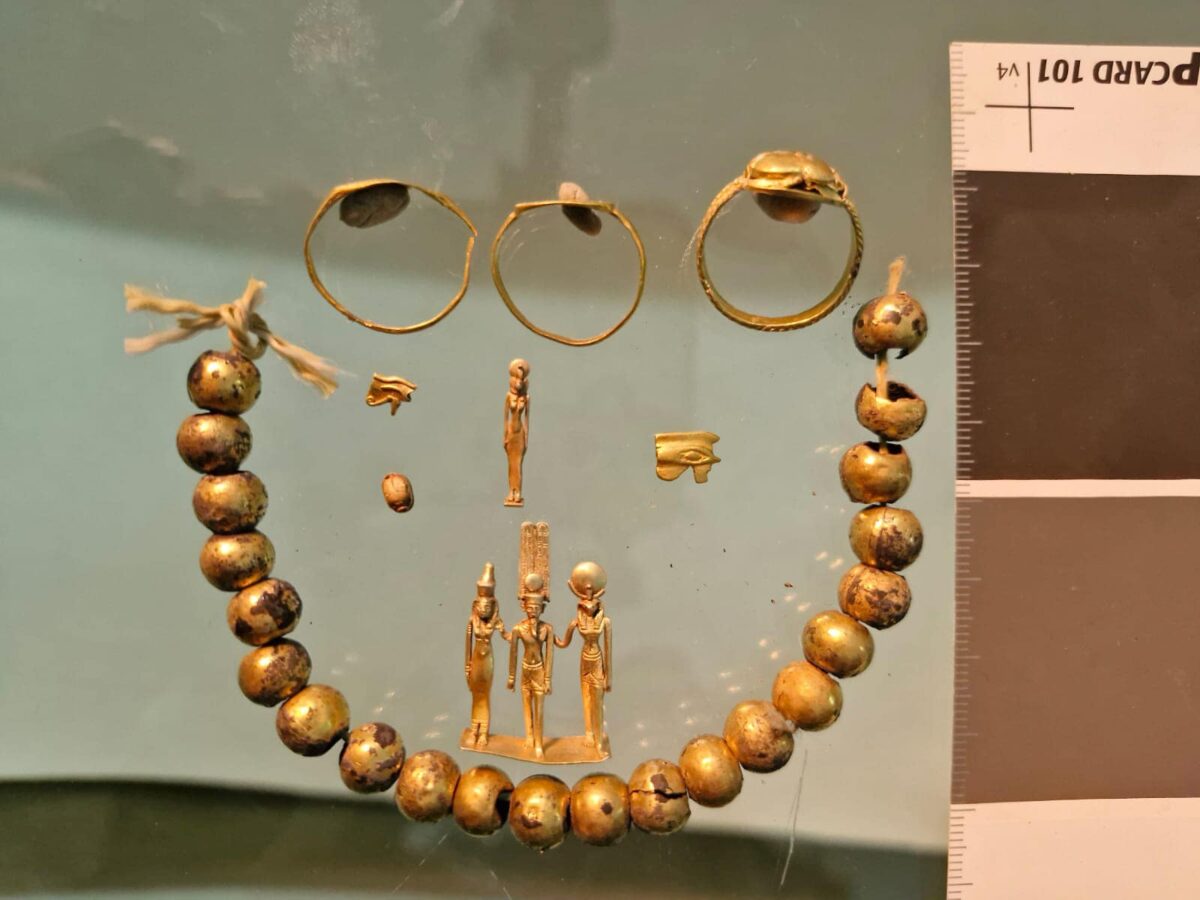A groundbreaking discovery in Morocco is forcing a reassessment of North African history during the Bronze Age. Excavations at Kach Kouch, a site near the Lau River in northwestern Morocco, have unearthed evidence of a thriving settlement dating back to 2200-600 BCE, long before the arrival of the Phoenicians. This finding, published in the journal Antiquity, challenges the long-held perception of the Maghreb as an “empty land” before the Phoenician era.
Led by Hamza Benattia Melgarejo of the University of Barcelona, the international research team meticulously excavated the Kach Kouch site, revealing a multi-phased history spanning centuries. The earliest phase, dating back to 2200 BCE, marks the beginning of the Bronze Age in the region. The second phase, between 1300 and 900 BCE, paints a picture of a well-established agricultural community. Evidence includes remnants of wooden adobe buildings, silos carved into the rock, and grinding stones, all pointing to a sophisticated agricultural system based on crops like barley and wheat, and livestock such as sheep, goats, and cattle.
The final phase, spanning 800 to 600 BCE, demonstrates the adaptability and interconnectedness of the Kach Kouch inhabitants. This period saw the introduction of new technologies and cultural practices from the Eastern Mediterranean, including wheel-made pottery and iron tools. This fusion of local and foreign traditions highlights the community’s active engagement in Mediterranean exchange networks.
The Kach Kouch discovery has significant implications for our understanding of the Maghreb’s past. It challenges the prevailing narrative of the region as a cultural backwater before the arrival of the Phoenicians. Instead, it reveals a vibrant and dynamic society that played an active role in the broader Mediterranean world.
“Kach Kouch is one of the first well-documented examples of continuous settlement in the Maghreb and tells a very different story from the one that has existed for a long time,” says Benattia. “It shows the history of dynamic local communities that were far from isolated.”
This research not only sheds light on the early history of the Maghreb but also emphasizes the importance of challenging historical biases and recognizing the contributions of often overlooked regions and cultures.
Cover Image: Kach Kouch is located 10 kilometers from the present-day coast, near the Strait of Gibraltar, and 30 kilometers southeast of Tétouan. Credit: University of Barcelona
Hamza Benattia et al, Rethinking late prehistoric Mediterranean Africa: architecture, farming and materiality at Kach Kouch, Morocco, Antiquity (2025). DOI: 10.15184/aqy.2025.10





